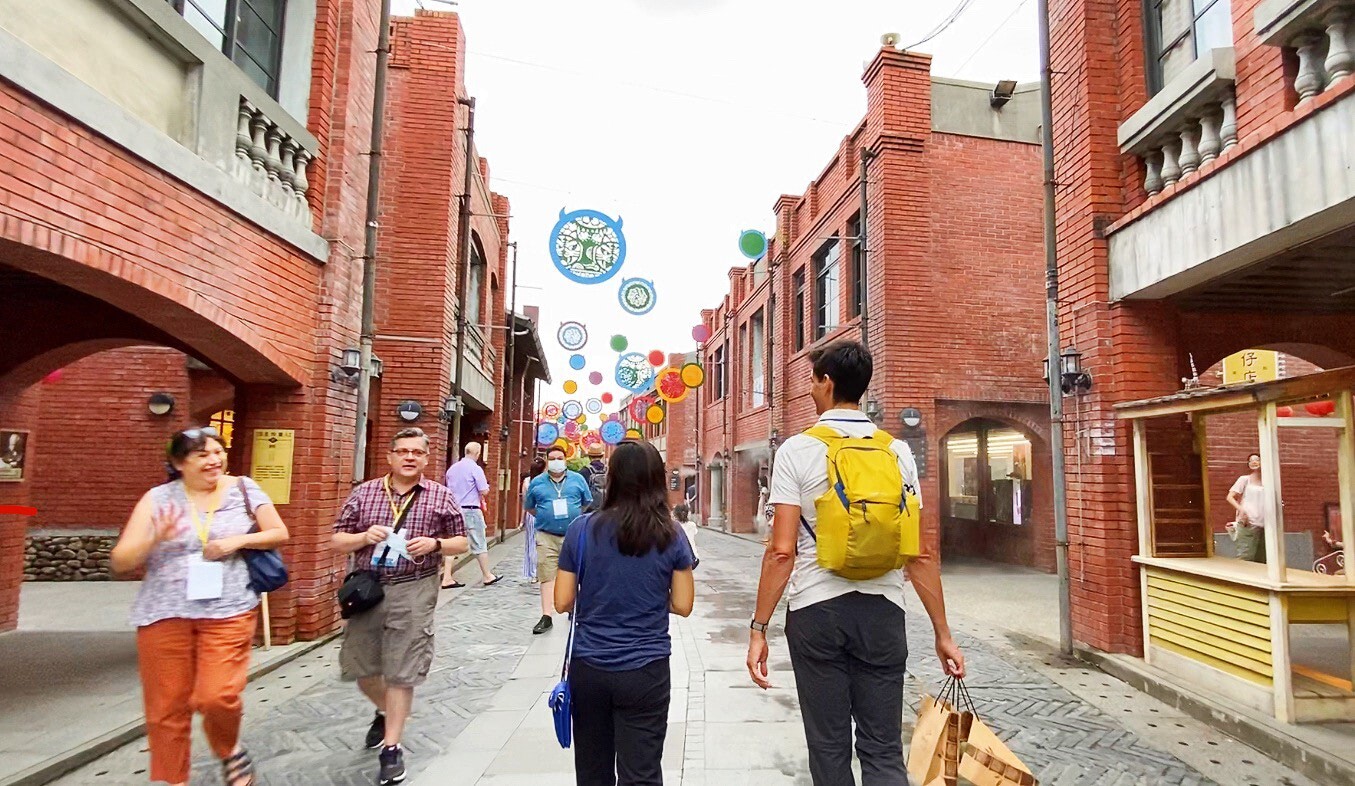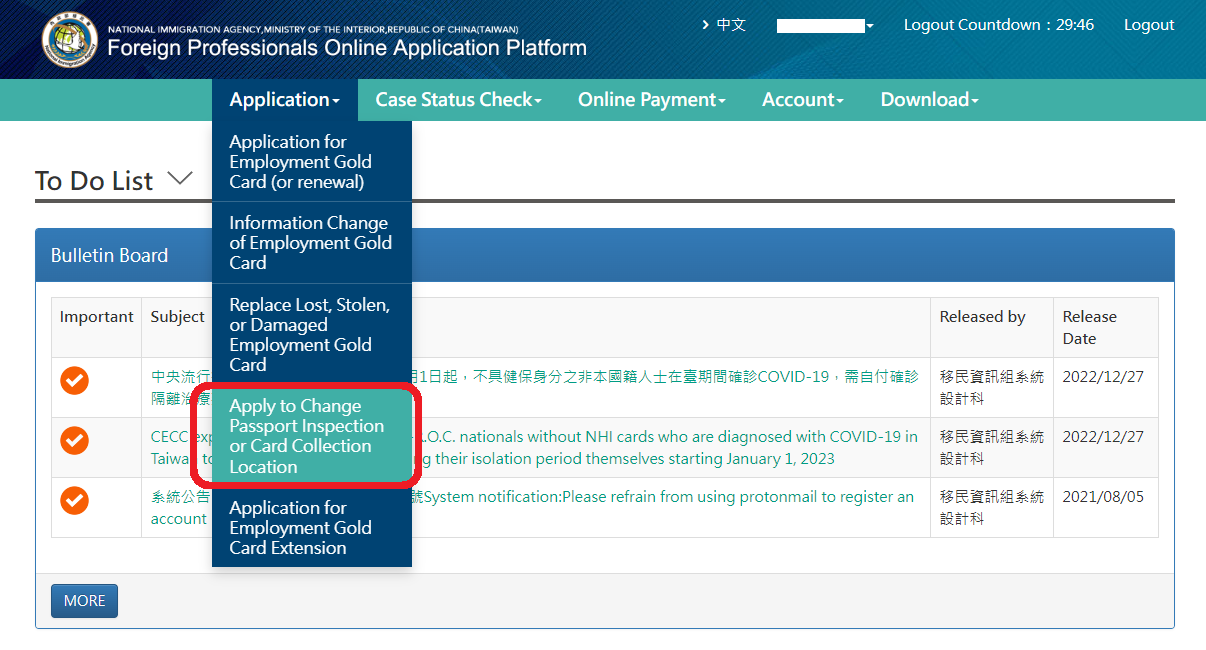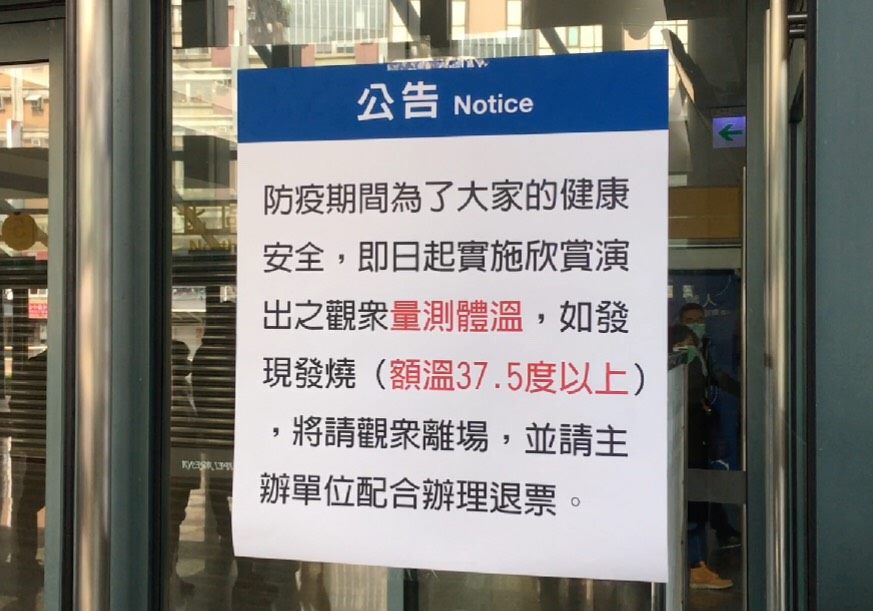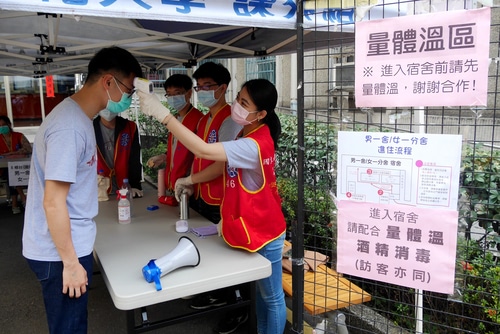
COVID-19 Prevention and Control: How Taiwan Became the Global Model for Epidemic Prevention
As the COVID-19 pandemic continues to ravage the globe, infecting thousands and causing millions of deaths, Taiwan has been lauded by international media channels for its pandemic prevention policies. According to the Ministry of Health and Welfare, Taiwan has seen no domestic COVID-19 cases for more than 200 days since the end of November 2020. While most countries have been forced to shut down their cities once again due to threats of an impending second wave, life in Taiwan has been relatively normal. Citizens in Taiwan can travel freely within the country, dine out at restaurants, and even gather together in public.
Taiwan’s speedy response and organized reaction to the pandemic is due to a painful past experience. During the 2003 SARS pandemic, Taiwan’s economy, social order, and medical systems were all severely impacted, and the country suffered greatly. After the SARS pandemic subsided, the Taiwanese vowed to learn and grow from this painful memory, and created an epidemic prevention strategy that was implemented across all medical systems.
When the Taiwanese government first heard about the mystery virus from Wuhan, China in December 2019, they immediately began quarantining direct flights from Wuhan. By the beginning of 2020, COVID-19 was classified as a Category 5 Notifiable Communicable Disease, and Taiwan began implementing strict pandemic policies such as restricting travel to and from other countries, launching a domestic mask rationing system, and a mandatory 14-day quarantine period for all travelers who enter Taiwan. Due to these strict prevention policies, 87% of all COVID-19 cases in Taiwan have been imported from abroad.
COVID-19 has caused a global economic collapse, affecting many countries including Taiwan. In response to this, the Taiwanese government has introduced many relief measures and stimulus packages to aid and revitalize industries that have been hit hard by the pandemic, such as the tourism and hotel industries. For the general public, the government has provided different types of vouchers such as triple stimulus vouchers, art vouchers, and travel vouchers to increase domestic consumption and to boost the economy.
Starting December 1st, the Taiwanese government implemented the Autumn and Winter Epidemic Prevention Project in order to strengthen border quarantine measures, community epidemic prevention, and medical response.
Border quarantine measures: All inbound and transit passengers (regardless of nationality or purpose of arrival) must submit a negative COVID-19 nucleic acid test report within three days of their flight to Taiwan. Community epidemic prevention: Masks must be worn when entering and leaving eight categories of places, including medical care facilities, mass transit, personal consumption locations, educational institutions, exhibitions and sporting events, entertainment and leisure venues, houses of worship, and public service and customer service centers. Those who fail to comply will face a fine of between NT$3,000 and NT$15,000. Medical Response: The CECC is aiming to strengthen notifications and testing and establish rewards for hospitals that test patients.
As the imminent second wave of COVID-19 hits, many governments have implemented strict policies to limit the social lives of their citizens. As Taiwan has been diligent in its epidemic prevention, its citizens are able to enjoy a relatively normal life aside from restricting travel outside of the country. With hopes to control and ultimately halt the pandemic, many countries are currently trying to develop and produce the COVID-19 vaccine. Though small in size, Taiwan has proven to be capable in battling the pandemic, and is currently one of the safest places to be. Apply for the Taiwan Employment Gold Card for your chance to live and work in Taiwan!



